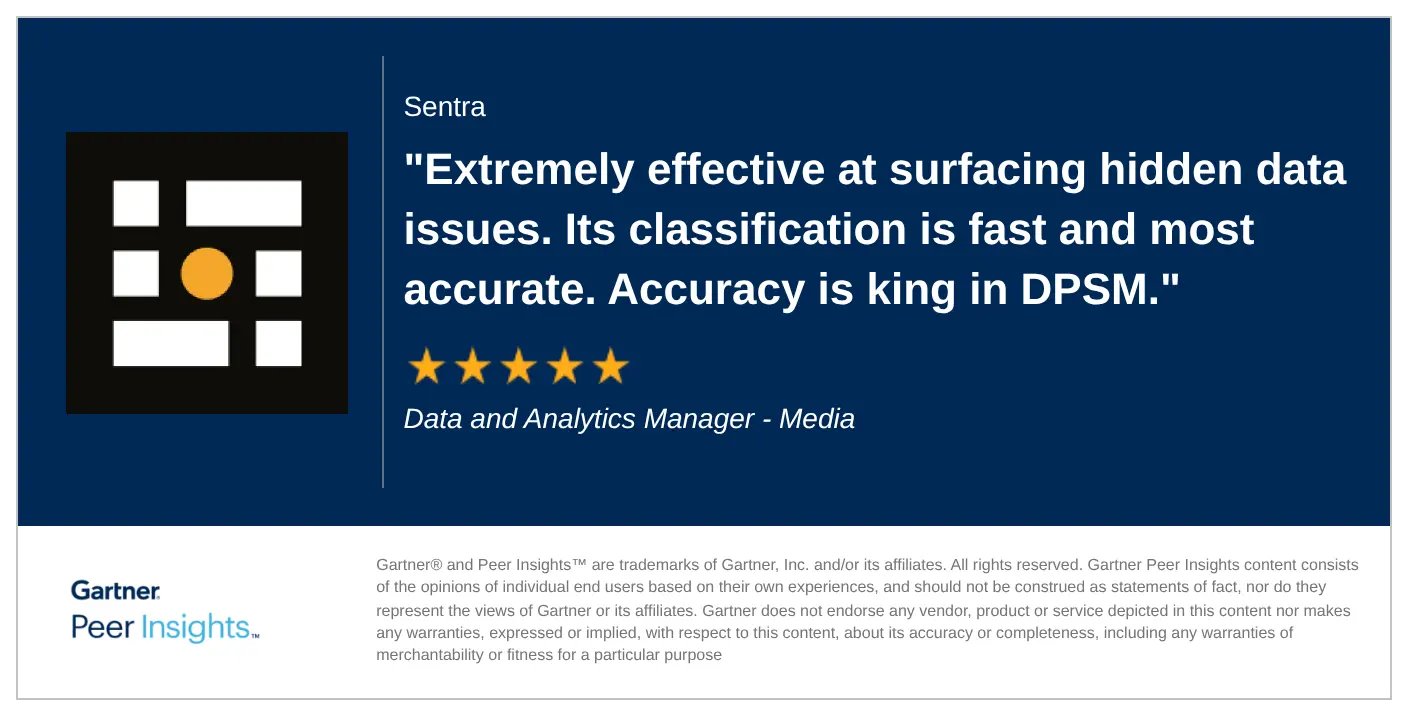AI & Data Privacy: Challenges and Tips for Security Leaders
Balancing Trust and Unpredictability in AI
AI systems represent a transformative advancement in technology, promising innovative progress across various industries. Yet, their inherent unpredictability introduces significant concerns, particularly regarding data security and privacy. Developers face substantial challenges in ensuring the integrity and reliability of AI models amidst this unpredictability.
This uncertainty complicates matters for buyers, who rely on trust when investing in AI products. Establishing and maintaining trust in AI necessitates rigorous testing, continuous monitoring, and transparent communication regarding potential risks and limitations. Developers must implement robust safeguards, while buyers benefit from being informed about these measures to mitigate risks effectively.
AI and Data Privacy
Data privacy is a critical component of AI security. As AI systems often rely on vast amounts of personal data to function effectively, ensuring the privacy and security of this data is paramount. Breaches of data privacy can lead to severe consequences, including identity theft, financial loss, and erosion of trust in AI technologies. Developers must implement stringent data protection measures, such as encryption, anonymization, and secure data storage, to safeguard user information.
The Role of Data Privacy Regulations in AI Development
Data privacy regulations are playing an increasingly significant role in the development and deployment of AI technologies. As AI continues to advance globally, regulatory frameworks are being established to ensure the ethical and responsible use of these powerful tools.
- Europe:
The European Parliament has approved the AI Act, a comprehensive regulatory framework designed to govern AI technologies. This Act is set to be completed by June and will become fully applicable 24 months after its entry into force, with some provisions becoming effective even sooner. The AI Act aims to balance innovation with stringent safeguards to protect privacy and prevent misuse of AI.
- California:
In the United States, California is at the forefront of AI regulation. A bill concerning AI and its training processes has progressed through legislative stages, having been read for the second time and now ordered for a third reading. This bill represents a proactive approach to regulating AI within the state, reflecting California's leadership in technology and data privacy.
- Self-Regulation:
In addition to government-led initiatives, there are self-regulation frameworks available for companies that wish to proactively manage their AI operations. The National Institute of Standards and Technology (NIST) AI Risk Management Framework (RMF) and the ISO/IEC 42001 standard provide guidelines for developing trustworthy AI systems. Companies that adopt these standards not only enhance their operational integrity but also position themselves to better align with future regulatory requirements.
- NIST Model for a Trustworthy AI System:
The NIST model outlines key principles for developing AI systems that are ethical, accountable, and transparent. This framework emphasizes the importance of ensuring that AI technologies are reliable, secure, and unbiased. By adhering to these guidelines, organizations can build AI systems that earn public trust and comply with emerging regulatory standards.Understanding and adhering to these regulations and frameworks is crucial for any organization involved in AI development. Not only do they help in safeguarding privacy and promoting ethical practices, but they also prepare organizations to navigate the evolving landscape of AI governance effectively.
How to Build Secure AI Products
Ensuring the integrity of AI products is crucial for protecting users from potential harm caused by errors, biases, or unintended consequences of AI decisions. Safe AI products foster trust among users, which is essential for the widespread adoption and positive impact of AI technologies. These technologies have an increasing effect on various aspects of our lives, from healthcare and finance to transportation and personal devices, making it such a critical topic to focus on.
How can developers build secure AI products?
- Remove sensitive data from training data (pre-training): Addressing this task is challenging, due to the vast amounts of data involved in AI-training, and the lack of automated methods to detect all types of sensitive data.
- Test the model for privacy compliance (pre-production): Like any software, both manual tests and automated tests are done before production. But, how can users guarantee that sensitive data isn’t exposed during testing? Developers must explore innovative approaches to automate this process and ensure continuous monitoring of privacy compliance throughout the development lifecycle.
- Implement proactive monitoring in production: Even with thorough pre-production testing, no model can guarantee complete immunity from privacy violations in real-world scenarios. Continuous monitoring during production is essential to promptly detect and address any unexpected privacy breaches. Leveraging advanced anomaly detection techniques and real-time monitoring systems can help developers identify and mitigate potential risks promptly.
Secure LLMs Across the Entire Development Pipeline With Sentra
.webp)
Gain Comprehensive Visibility and Secure Training Data (Sentra’s DSPM)
- Automatically discover and classify sensitive information within your training datasets.
- Protect against unauthorized access with robust security measures.
- Continuously monitor your security posture to identify and remediate vulnerabilities.
Monitor Models in Real Time (Sentra’s DDR)
- Detect potential leaks of sensitive data by continuously monitoring model activity logs.
- Proactively identify threats such as data poisoning and model theft.
- Seamlessly integrate with your existing CI/CD and production systems for effortless deployment.
Finally, Sentra helps you effortlessly comply with industry regulations like NIST AI RMF and ISO/IEC 42001, preparing you for future governance requirements. This comprehensive approach minimizes risks and empowers developers to confidently state:
"This model was thoroughly tested for privacy safety using Sentra," fostering trust in your AI initiatives.
As AI continues to redefine industries, prioritizing data privacy is essential for responsible AI development. Implementing stringent data protection measures, adhering to evolving regulatory frameworks, and maintaining proactive monitoring throughout the AI lifecycle are crucial.
By prioritizing strong privacy measures from the start, developers not only build trust in AI technologies but also maintain ethical standards essential for long-term use and societal approval.
<blogcta-big>











.webp)

